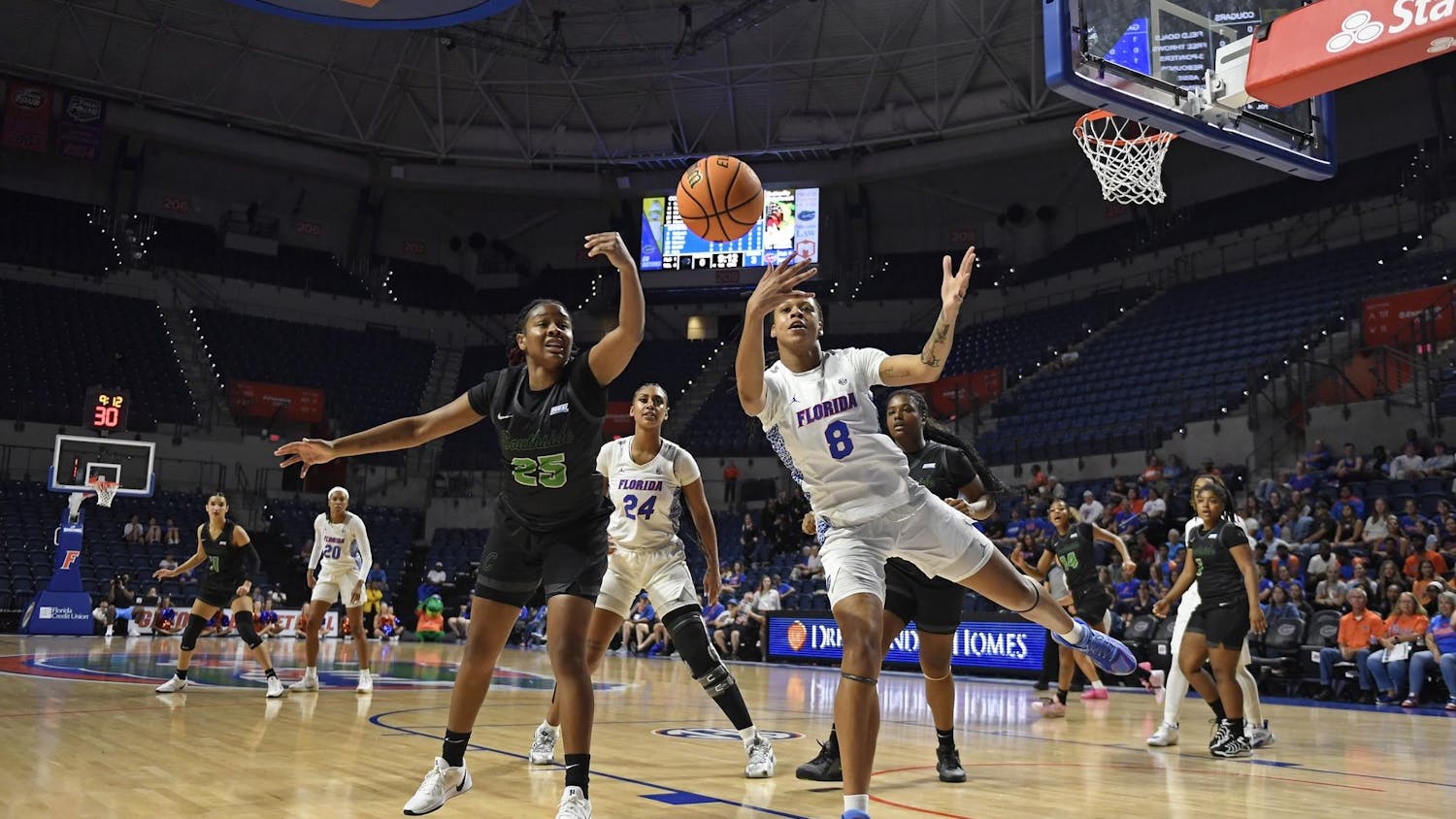A UF anthropology doctoral student is using teeth to trace the birthplace of ancient civilizations.
Ashley Sharpe, 29, is tracing chemical elements found in teeth with lead-isotope sourcing, a method of detecting lead in different regions of land. Her study, published this month, looks at how analyzing the lead can tell people’s birthplaces.
“We can accurately pinpoint where you might’ve come from,” she said.
Sharpe, who studies Mayan and Central America archeology, said the study confirms existing Mayan trade theories and gives archaeologists a better idea of the Mayan economy and social structure.
“It’s changing everything we know about Mayans,” she said. “It opens this whole window into the past about how people interacted.”
Researchers conduct the analysis by grinding down teeth and putting the fragments into a machine that extracts the lead, she explained, a process that can take up to a couple of weeks because of the effects of pollution. Examining the lead in tooth enamel allows Sharpe and her team to trace travel patterns by matching the lead in the teeth to the lead in the bedrock or the different regions they might have lived on, she said.
Part of the history of how Mayans lived is still a mystery, and Sharpe said she hopes to piece together part of it through her work.
“It feels exactly like being a detective when we’re doing research,” she said. She said she is hoping to expand her research into Southwestern U.S. and southern parts of Central America.
John Krigbaum, a UF anthropology professor, said the study brings concepts from the past to life.
“It’s not so much you are what you eat,” he said. “You are what you breathe as well.”
Researchers are using these new methods to look at cold cases to determine what they can and can’t learn through tests, Krigbaum said.
“UF is investing in the equipment,” he said. “We are investing in the people, and as a result, we’re at the cutting edge of the work. It’s good for the university. It’s good for the students.”





